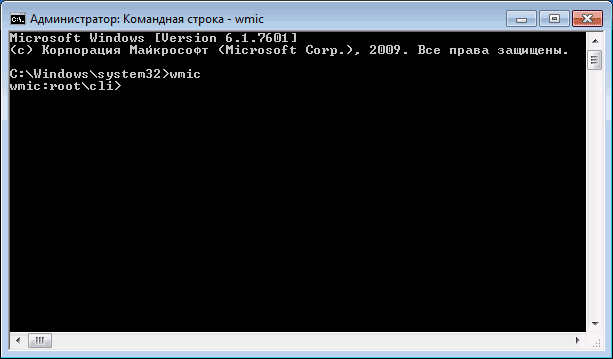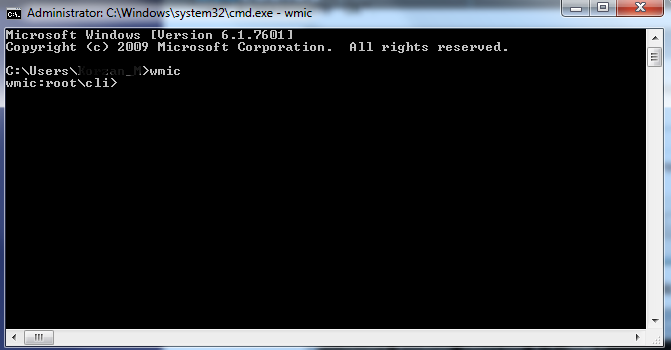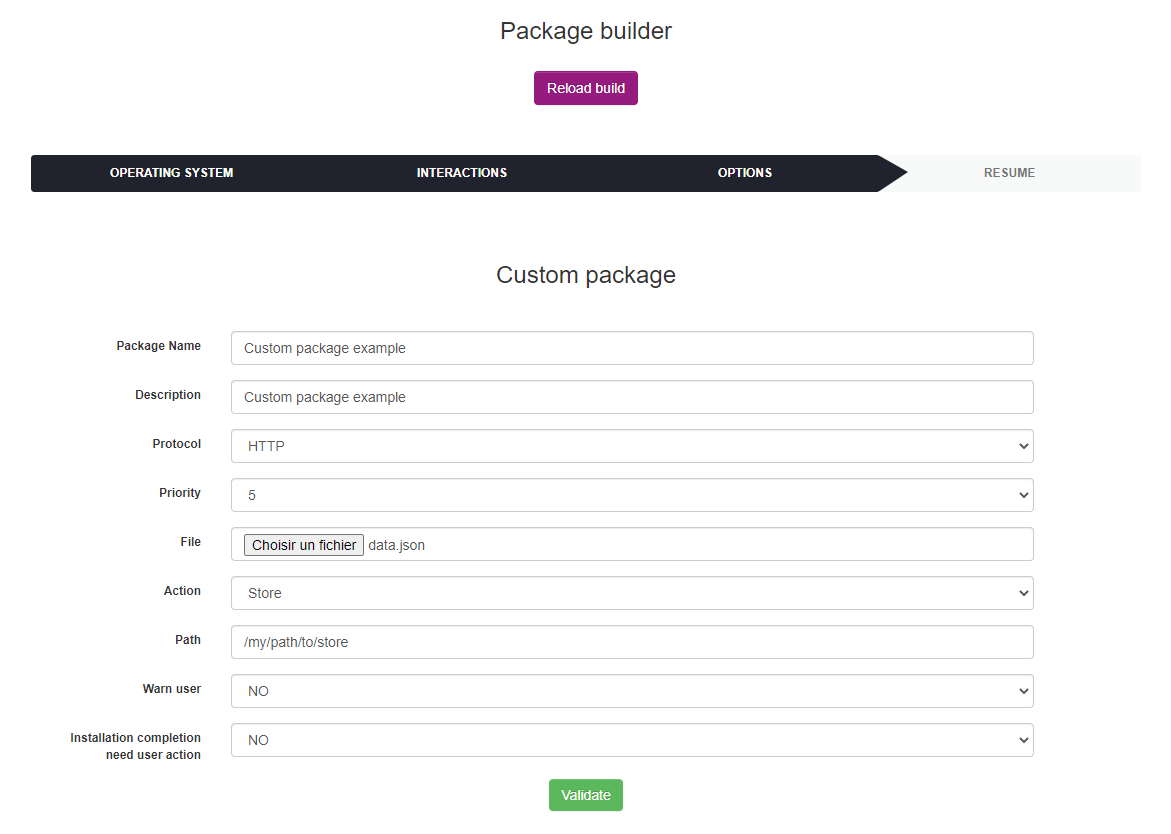
Which iterates through your list, skipping nodes that are invalid (eg:machine is turned off) and those that don't meet the criteria.

>/failfast:on product where name="" call uninstall /nointeractive You pop open a WMIC shell with appropriate permissions and enter the following command:

You have a flat text file of all your computer's names stored in c:\computers.txt. however you've received 3 tickets so far about an icon on the desktop. In a panic, you asked all your users to blindly install the new version of Adobe reader straight from Adobe's site. Let's assume you just got word that Adobe Reader has a serious flaw in it's old version.

node:ComputerXYZ product where "vendor like 'adobe%'" get name,version,identifyingNumber ) Surround the like phrase in double quotes and your search criteria in single quotes, and use % as the wildcard symbol. Here is how you use wildcards in your search: >/node:ANOTHEREXAMPLE product where vendor="Apple Inc." get name,vendorĪ small hint if you have special characters like '-' or '/' in the computer name you need to use ' ' characters in order to get information from client) Here's an example scanning a networked machine for all installed applications from the vendor "Apple, Inc" If you would like to filter for a specific product, you may do so. This command asks WMI to reply with a list including the Name, Version, and Vendor of all compliant software installations. >/node:COMPUTERNAME product get name,version,vendor So let's find out if a particular node even has our target software (Spiceworks does attempt to list this information in its software scan)

Though formatting the replies is beyond the scope of this "How To", much more information can be found on the internet. With our WMIC prompt, we can ask many questions of a node (or nodes) and receive some nicely formatted replies.


 0 kommentar(er)
0 kommentar(er)
